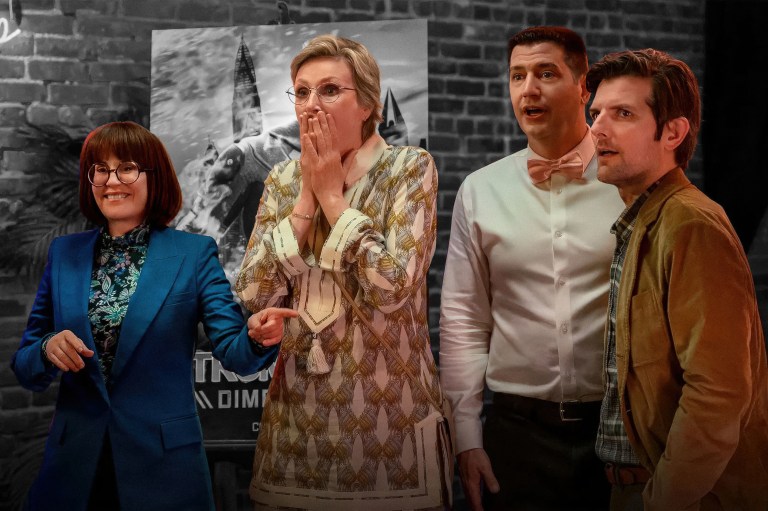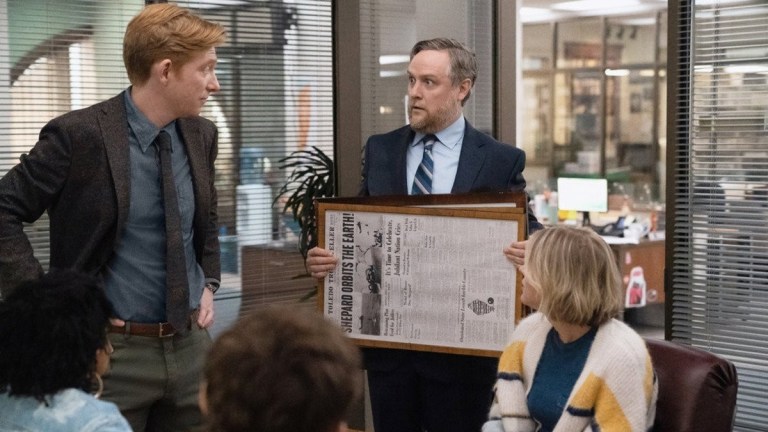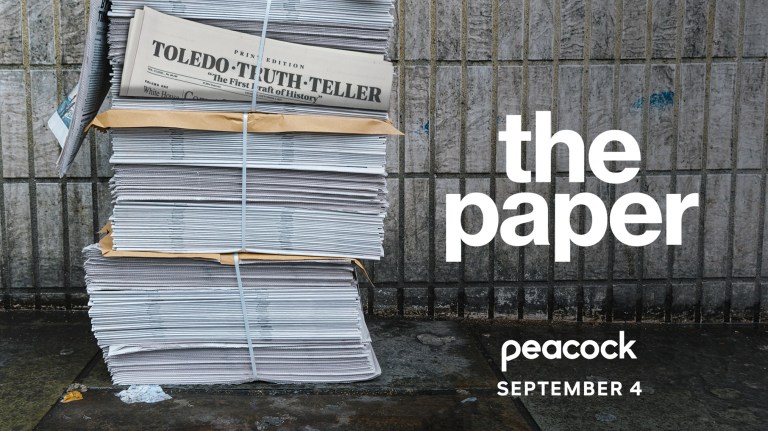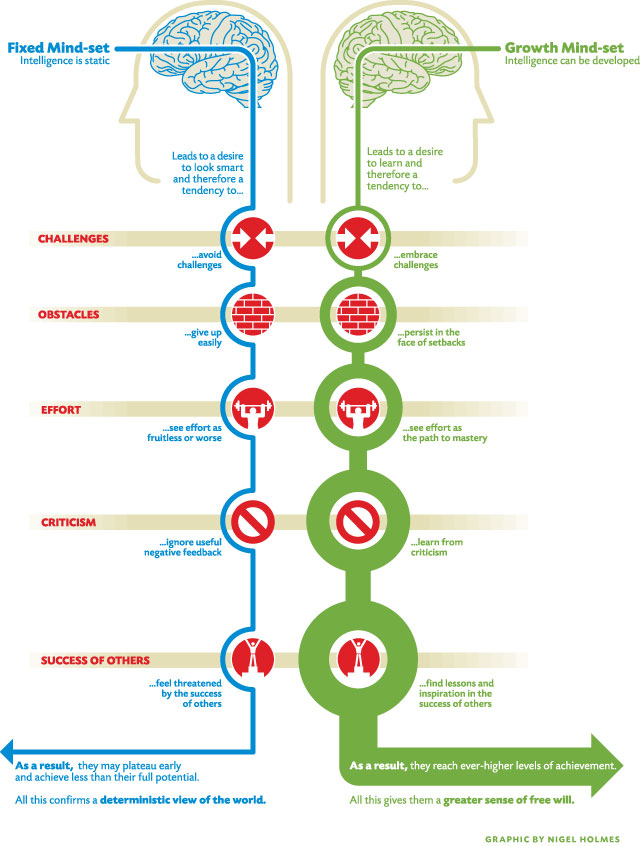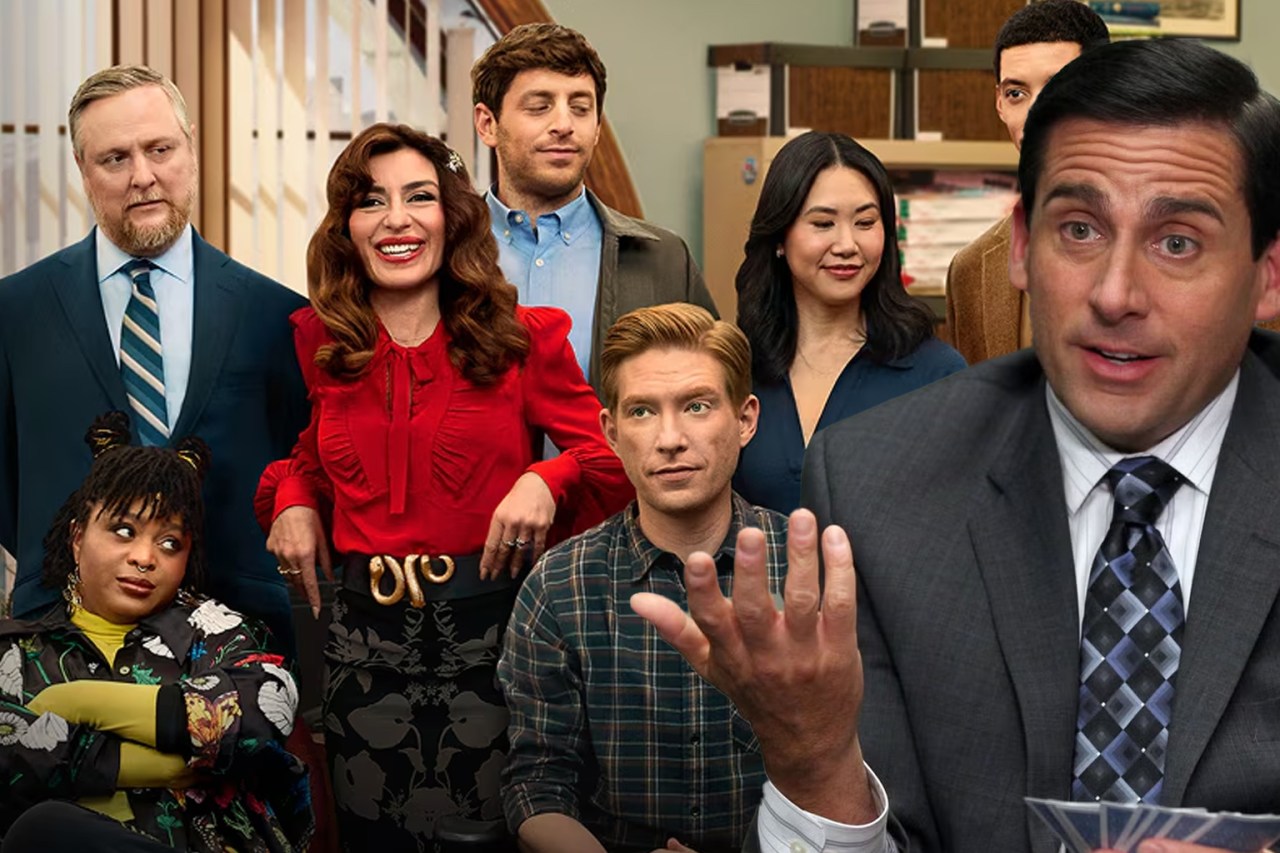
‘The Office’ Spinoff ‘The Paper’ Is Way Better Than Y’all Are Saying
Season One of The Paper has received mixed reviews — as mixed as they come. People have literally said everything from “this is a great show” to “this is the worst show I’ve ever seen.”
However, while I wouldn’t say that the Office spinoff is side-splittingly hilarious throughout its first season, I’d venture that it’s funny, compelling, and sincere enough to keep people watching. I suspect that the “worst show” people are either (a) suffering reboot/spinoff fatigue or (b) pre-wired to hate anything that is not The Office down to the letter. Office originalists, if you will.
Honestly, my biggest complaint about Season One of The Paper is that it’s just 10 episodes. Why do premium streaming services hate us so much? Do they remember we used to be OK with watching 23 hour-long episodes of Charmed every year? I mean, how many times can three witches travel through time? And we were OK with that! So, stop caring about money so much, streaming services! OK, now I’m just being silly.
Anyway, here are five reasons why The Paper is not the worst show I’ve ever seen.
Esmeralda
Anyone who saw Sabrina Impacciatore in Season Two of The White Lotus knows that she’s a magnetic screen presence. That said, her character in The Paper is beyond. As Esmeralda, she is an uproariously campy parody of Italians, femme fatales, and modern content writers. She’s theatrical, conniving, sensitive, delusional; and unable to properly use a semicolon. A few commenters who hate good things are saying that she seems out of place in this series, but I’ve never been one to complain about a beautiful, talented actress shouting unhinged things at me through my TV screen. Esmeralda’s simultaneous contempt for journalists and pathological self-absorption makes her a perfect comic villain at this fictional newspaper.
Its genuine love for local journalism
The Paper often satirizes clickbait journalism. Despite working for The Toledo Truth Teller, a local newspaper, Esmeralda has zero desire to tell substantial stories or even engage in real reporting. At another point, the staff of the Truth Teller is compelled to test out Korean cosmetic products in a nod to modern affiliate marketing tactics. And yet, Ned, the paper’s new editor-in-chief, strives to champion gritty, thoughtful reporting, even as both corporate greed and public apathy threaten to undermine him. Ned and his favorite reporter Mare often gleefully discuss sources and journalistic ethics, glorifying traditional journalism at a crucial time in American history.
It side-steps any icky romance
Speaking of Ned and Mare, their will-they-won’t-they romance proceeds as slowly as Jim and Pam’s, but with a bit more fuel. It also has the potential to be icky, though. Ned is Mare’s boss, after all, and puts effort into keeping things platonic. Nevertheless, the Season One finale of The Paper somehow blurs the power dynamic between them by addressing their professional relationship head-on. Mare, at this point, is an award-winning journalist, raising her to Ned’s level; and Ned, by expressing his ethical qualms, shows that he’s not taking advantage of Mare in any way.
It doesn’t forget what worked
Though The Paper is set in the Office universe, it contains very few references to that original series beyond its opening minutes. Oscar works at The Truth Teller, of course, but he has new storylines and, of course, new professional relationships. That being said, The Paper still contains Office DNA in the form of its mockumentary style, now ubiquitous in modern sitcoms. These characters’ confessionals and side-eyes at the camera do a lot of comedic heavylifting. After all, it’s a format that catapulted The Office to the annals of comedic history.
It’s kind of a throwback to the 2010s
Despite not being a mere Office simulacrum, The Paper still feels like a throwback — but not to the 2000s. Rather, it’s a throwback to the second half of The Office’s run. The 2010s were a time of teen bloggers, comments-section trolls, and corporate commodification of Pride, all of which are represented in Season One of The Paper. There are blessedly no mentions of ChatGPT, mass media layoffs, or TikTok influencers spreading anti-democratic fake news. Perhaps the already-ordered Season Two will highlight these issues to make The Paper even more relevant, but for now, the show feels like a gentle reminder of a long-lost, idyllic past (from five years ago).
